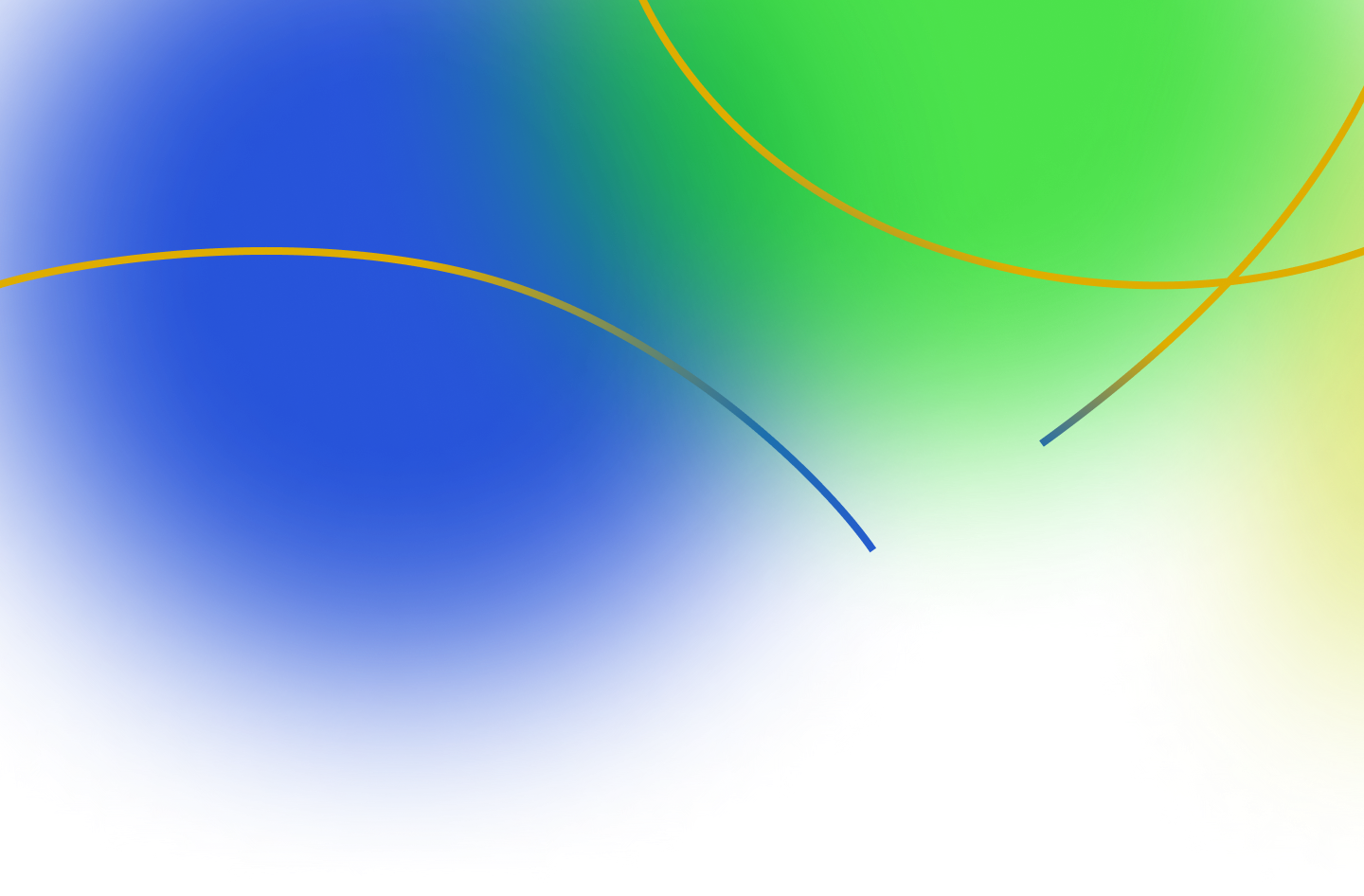ECPM, together with Bündnis C – Christen für Deutschland, organized a seminar in Dresden on the pressing topic of migration, how it is tackled at national and European levels and how it affects the larger geopolitical environment.
The event began with Karin Heepen, Chairwoman of Bündnis C – Christen für Deutschland and vice-president of ECPM, introducing the ECPM to the audience, our values and work at national and European level. Then she addressed the European Asylum and Migration Pact which was approved in December 2023 at European level. The Pact aims to speed up the screening process, it keeps people in the asylum process at the EU borders (or outside them), puts in place a solidarity mechanism among the EU Member States and makes the return more straight-forward. A critical view of the Pact shows that it has limitations in solving the migration problem in Europe, particularly by ignoring the root of it. Ms. Heepen argued that the EU should focus a lot more on improving the lives of people in their home countries so that they are not forced to leave, and on supporting democratic regimes which uphold fundamental rights. Any foreign investment and development in Africa and the Middle East should be long-term and serve the local communities, not Western economic interests.
Johannes de Jong, Director of Sallux think-tank, was the keynote speaker of the event and presented at length an alternative and more sustainable approach to asylum policy. First, he emphasized the shared human dignity of all people involved, from both host and source countries. This should be reason enough to engage in an honest and open dialogue, and to seek to truly understand and assess the reality on the ground in many of the troubled areas. Then, building bridges and collaboration with local actors willing to work towards the betterment of their community.
De Jong pointed to the often-inflammatory rhetoric of “just send them back to where they came from“, which is often not feasible legally without the express permission of the respective country. Making deals with repressive and dictatorial regimes, like with Turkey, Tunisia, or the case of Sudan, has proven to be ineffective and to backfire causing even more migrants from/ through these areas into Europe. At the same time, we cannot let in everyone who wants to come, our systems would not be able to withstand it. He criticized the EU foreign policy arm, the European External Action Service (EEAS), for offering temporary measures while ignoring the larger issue, and argued that the EU institutions need to press more for change at the source: developing democratic societies based on human rights and rule of law.
The speaker offered the example of Pakistan and the West’s approach towards it while engaging in a war against the Taliban in Afghanistan. The Pakistani regime supported, financed, and harbored the terrorists the EU and US were fighting in Iraq and Afghanistan, while the Western powers did not exert pressure on Pakistan to change its behavior. This all led to a massive waste of investment made in Afghanistan after the US troops pulled out and the Taliban returned to power.
In Africa, several factors are complicating the situation: the West’s appeasement of dictatorial regimes, failure to support freedom movements, ignoring the escalation of religious conflicts between Muslims and Christians in countries like Nigeria, and the failure to rein in multinational corporations which engage in extraction of resources but devastate the communities.
In the conclusion of his presentation, de Jong proposed that the foreign policy of the EU and of the member states be always and consistently guided by protecting and advancing fundamental freedoms, not corporate economic interests. Secondly, that we draw “red lines” and actually enforce the principles we stand by (freedom of religion and belief, equality and freedom of women, etc.) when it comes to engaging with extremist and dictatorial regimes. Thirdly, that we support ethnic groups and minorities and foster dialogue between them.
The third speaker, Michael Ragg, touched on the issue of integration of immigrants in Europe. He unpacked the idea of culture and what makes European culture distinct. He pointed to a research study done by the University of Peking and to an Indian philosopher’s thesis who pointed out to Christianity being the distinct factor in shaping Europe’s culture. In particular, the belief that all people are created by God and with inherent human dignity, which led to the development of concepts like freedom, dignity, justice, solidarity. It also led to the foundation of a new work ethic: fair pay, balance between work and rest, labor rights etc. Even though Christians were a minority in the Roman Empire, because of their unity around the same beliefs, they became a decisive force; that is a lesson for us today as well.



